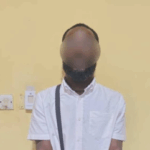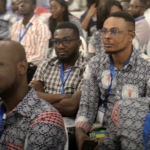
The Ghana Optometric Association (GOA) has called on private health insurance companies to honour their contractual obligations and promptly settle claims owed optometrists working in the private sector.
About half of the over 600 eye doctors in Ghana work with private institutions, but face delays, and in some cases, non-payment of claims.
This, the association says, is crippling the operations of the health professionals in the delivery quality eye care.
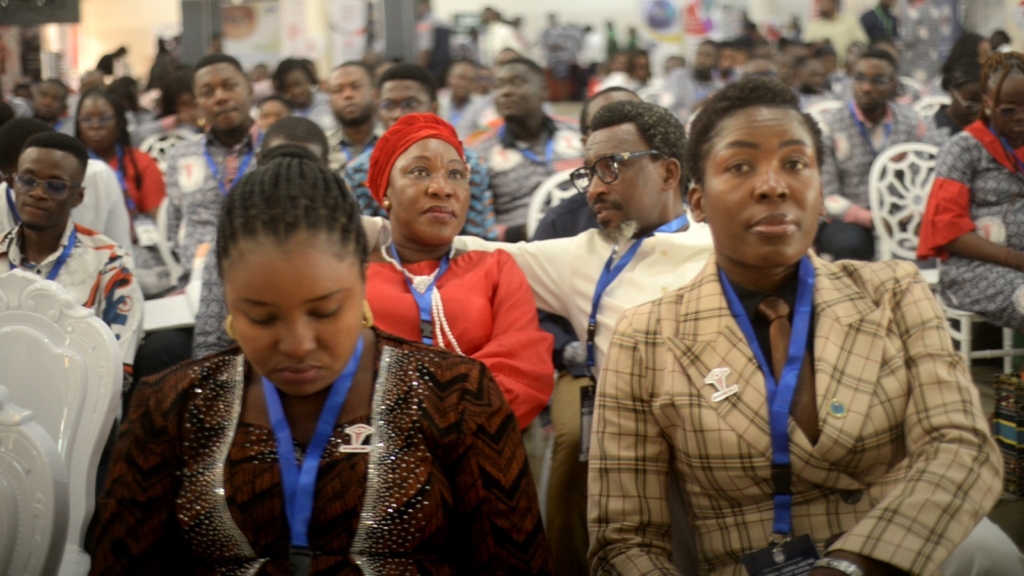
The Association, dedicated to helping individuals with eye defects and rehabilitating their eyesight, lamented a “critical and permanent challenge” facing its members.
This concern was raised at the Association’s 13th Annual General Meeting (AGM) held in Kumasi.
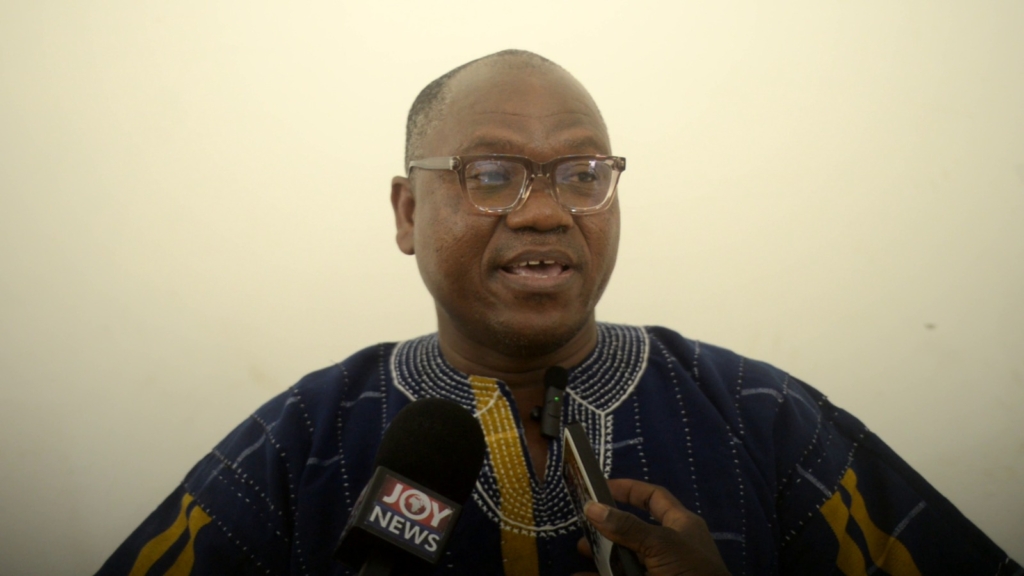
President of the Association, Prof. Samuel Bert Boadi-Kusi, said the situation has worsened since insurance companies stopped engaging members when setting tariffs.
“In Ghana, we have over 600 optometrists and about 50% are in the private sectors. One of the challenges they are facing has to do with claim payments by private health insurance groups in Ghana.
“Previously, they will even engage our members to even determine tariffs. Now they’re not doing that. All we hear is that some tariffs have been determined, and it has been circulated without any prior agreement,” he said.
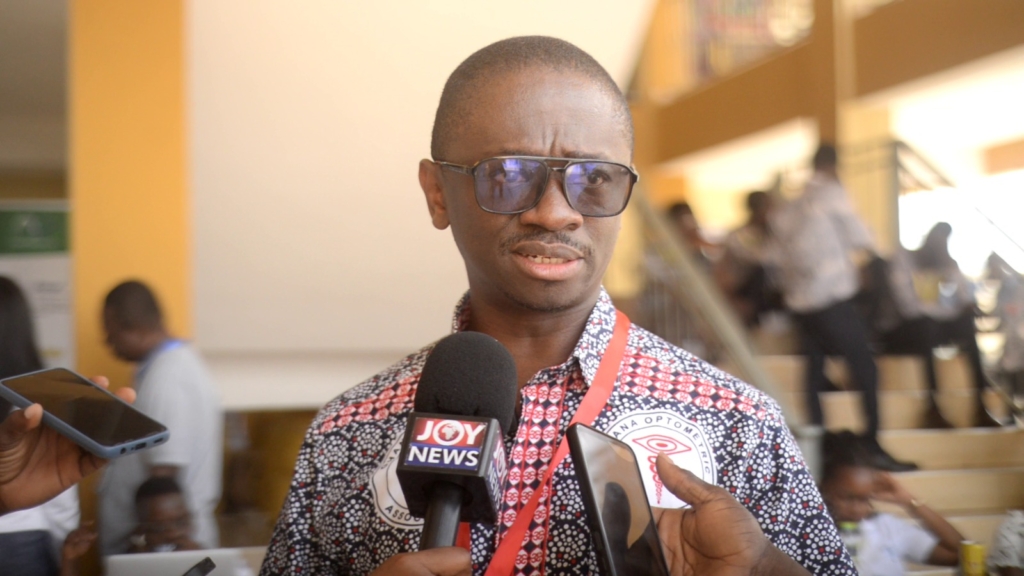
Prof Boadi-Kusi added that the nonpayment of claims is a breach of contract and a major hardship for practitioners.
“These our members have bills to pay, they need to pay their workers, these workers must survive. So, if they have worked and have their capital locked up in the private health insurance groups, then it is not fair. So we are cautioning all of them to as much as possible abide by the terms of engagement,” he asserted.
He cautioned that while the Association does not intend to block or blacklist insurance companies, some members have already stopped working for them.
He appealed to the companies to clear all outstanding payments within a week and communicate with members if challenges arise, stressing that leaving a vacuum without communication is unfair.
Prof. Boadi-Kusi made these remarks as he ended his tenure as President of the Ghana Optometric Association.
Meanwhile, the Registrar of the Allied Health Professions Council (AHPC), Dr. Shirazu Issahaku, highlighted the Council’s commitment to advancing professional training and regulation.
He announced the establishment of the Ghana College of Allied Health Professionals (GCAHP) to train professionals to become consultants and specialists.
“And one key project that I think we wanted to take serious and develop the professionals is what we call the Ghana College of Allied Health Professionals to train these health professionals to become consultants and specialists in the country,” he said.
He disclosed that the Council has acquired land in Accra and allocated ₵1.2 million as seed money to begin the project.
The College will include various schools offering clinical and professional training.
Dr. Shirazu clarified that the certifications awarded by the Council are professional, not academic, and are recognized internationally.
He added that the Council is digitizing its examination and regulatory systems to ensure effective supervision. From 2026, all allied health facilities, including hospitals, laboratories, diagnostic centres, and optical service providers, will need accreditation from the Council before offering services.
He assured all allied health professionals, including optometrists, that the Council is committed to improving regulation and professional development to enhance healthcare delivery in Ghana.

